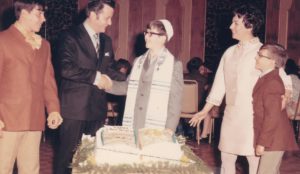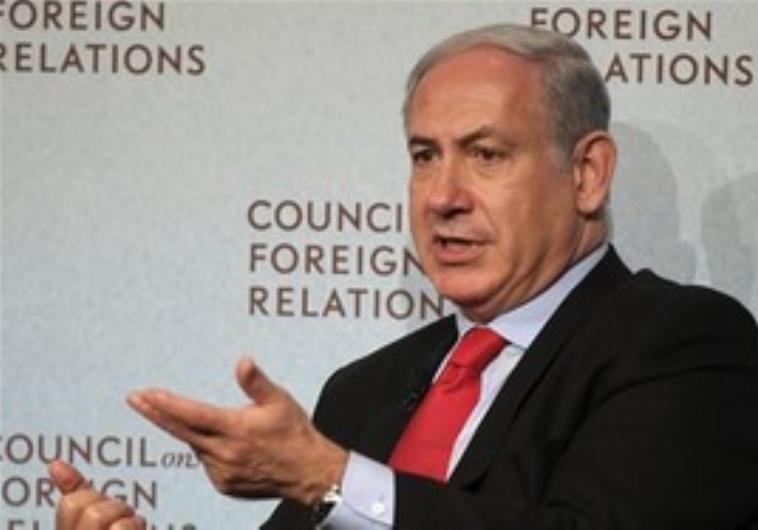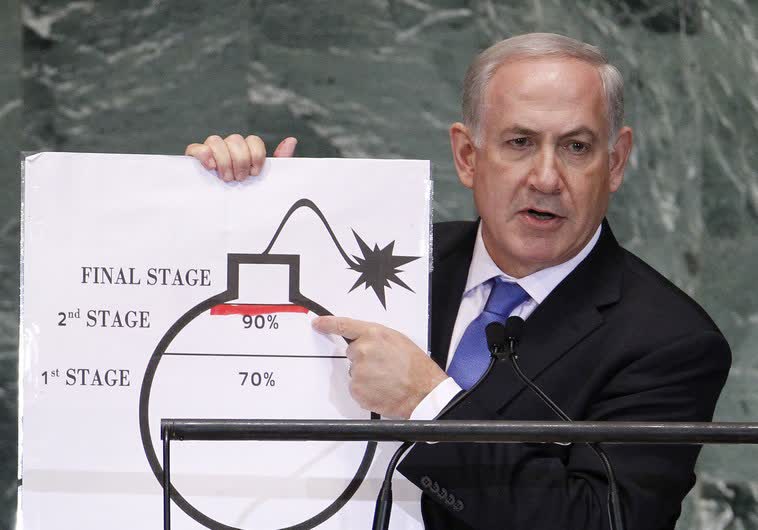Jerusalem Day will be marked next Thursday, May 18. According to Wikipedia (not a great source for information but probably one of the most used sources)
“Jerusalem Day is an Israeli national holiday that commemorates the reunification of East Jerusalem with West Jerusalem following the Six Day War of 1967, which saw Israel occupy East Jerusalem and the West Bank, effectively annexing the former.”
For most of the Jewish people living in Israel, this May 18 may be a day of celebration, but for most of the Palestinian people living in Israel and around the world, including in their homeland of Palestine, it is a day of mourning and remembering. It is a day of anger caused by direct provocation. Over the past years, Jerusalem Day is marked by a parade of right-wing religious Jews who insist on marching through the Muslim Quarter of the Old City of Jerusalem. Their flag-waving demonstration, accompanied by expressions of hatred, racism and Jewish superiority is a day of shame and oppression and should be eliminated from our public sphere. It is a playbook that mirrors the bad old days of Belfast and should not be something we are proud of.
I came to Jerusalem for the first time in 1969 for my bar mitzvah when I was 13 years old. I remember very vividly crossing into East Jerusalem and walking around the Old City of Jerusalem. Even then, when I understood very little about the Israeli-Palestinian conflict, it was very clear to me that while physically undivided, Jerusalem was a very divided city. Even then it seemed to me that there were at least three Jerusalems – the new city which was more modern and developed, the Old City, and East Jerusalem which was Arab-Palestinian, Muslim and Christian – and then there was Mea She’arim and other haredi ultra-Orthodox parts of Jerusalem. There may have been free movement then across the divides – after 1967 – and there may be some form of relatively free movement today across the divides, but Jerusalem remains the most divided city in the world that I know, although it is physically undivided. Nicosia is actually more divided, but that is because it is physically divided between two separate functioning sovereign powers.Jerusalem, on the other hand, is completely under the rule of Israel, but in practice, Israel plays no real role in the lives of nearly 40% of the population, who are Palestinian Arabs. In fact, Israel cares very little about the Palestinian parts of Jerusalem, and the current government and its right-wing allies in the Jerusalem municipality seem intent on continuing to make life in Jerusalem for Palestinians a living hell.
PALESTINIANS IN Jerusalem live their lives outside of the Israeli sphere of consciousness. Many of them work in Israel and are dependent on Israel for many things. They pay taxes to the city of Jerusalem and also pay their national insurance and collect benefits. They are part of the Israeli national health insurance plan and in many respects, they are better off than many of their brothers and sisters living on the other side of the separation barrier under the Palestinian Authority. But any impartial comparison of life in Palestinian Jerusalem with life in Jewish Jerusalem will easily point to the extreme levels of discrimination within Israel’s capital city. I know of very few Israeli Jews who ever visit the many neighborhoods of East Jerusalem, outside of the Old City walls. I almost never see Israeli Jews there when I visit.
It never ceases to amaze me how underdeveloped these areas actually are, which continue to be claimed as part of the undivided eternal capital of the State of Israel and the Jewish people. In the neighborhoods of Kafr Akab and the Shuafat refugee camp, probably the least developed and most populated neighborhoods of East Jerusalem, both within the municipal borders of Jerusalem but physically beyond the huge ugly separation wall, life is completely different from where I live in southwest Jerusalem. There is no physical planning there. There are no sidewalks. There is very little sanitation. There has been very little thought and effort to ensure that buildings are safe and would withstand even the smallest earthquake. Buildings are built so close to each other that there is little room for light and air to enter the windows that look out toward more windows and concrete walls. If you were to take pictures of these neighborhoods, where probably more than 150,000 people live, almost no Israeli Jews would be able to tell you that they were taken in the eternal capital of their state.
HOW IS it even possible that after 56 years, some 40% of the population of the capital of Israel are not citizens of the State of Israel? Where else in the democratic world could this be possible? Why doesn’t anyone even ask the question? Most of the almost 400,000 Palestinians living in East Jerusalem are actually not citizens of any country. They are devoid of most civil and human rights.
There are many people living in Palestinian East Jerusalem who, according to Israeli law, are living there illegally. Until very recently a very good friend of mine was in that situation. He was born in a village in the Bethlehem area. Some 15 years ago he married a woman who was born in Jerusalem. Their first-born child has Down’s syndrome – they knew that during pregnancy but decided that they would raise that child to the best of their ability, with all of the love and care that every child deserves. There are no good facilities in the area of his village for children with special needs such as their daughter, but there are very good facilities in Jerusalem. So, they decided to stay in Jerusalem, even though my friend could not live here legally. My friend is a successful businessman and he could afford to buy an apartment in Ramallah where his business is located.
Every year he applied for the right to live with his wife and children and for many years he was denied that right. We worked together for a few years and I was successful in getting him a permit to enter Israel, but the permit was only valid until 10 p.m. If he were to stay over in his home in east Jerusalem with his wife and daughters, he would be breaking the law. Last year, through the courts, he was granted a permit that enables him to be able to sleep in Jerusalem as well. For years he applied for the right to drive inside Israel, in the car which is officially registered in his wife’s name, although it is also his car. But until last month, he was not legally allowed to drive his daughters to school or to go to the supermarket without his wife driving. My friend is one of many in east Jerusalem who live in this very strange reality.
Jerusalem is Israel. Jerusalem is also Palestinian. Jerusalem is Jewish – it is also Muslim and Christian. Jerusalem is a city that belongs to the whole world and to all of humanity. But in order for Jerusalem to be celebrated as unified, it must truly be a city of humanity.
We have a long way to go before we will reach that point. Until that time, I cannot celebrate the false unity of this city which I love. It is divided. It is a city of more hatred and pain than a city of love and compassion, which it should be.



